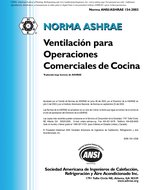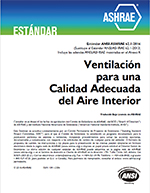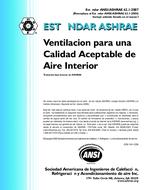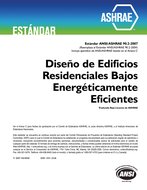Description
Building cooling load consumption is heavily influenced by two factors, i.e., spatial correlations such as outside air conditions and temporal relations, which factors the occupancy influence into account. Moreover, the anomalies in cooling consumption patterns are mainly caused by the abnormal behavior of the time-dependency of such temporal networks. A novel framework for building cooling load prediction is proposed to explore these dependencies separately using regression and recurrent neural networks for spatial and temporal relations, respectively, and then combine their outputs using an ensemble approach. The proposed forecasting model provides a 3-4% higher R2 value and 2-3% better CVRMSE accuracy when compared with the traditional machine learning model.
Product Details
- Published:
- 2022
- Number of Pages:
- 3
- Units of Measure:
- Dual
- File Size:
- 1 file , 5.7 MB
- Product Code(s):
- D-TO-22-A005
- Note:
- This product is unavailable in Russia, Belarus




